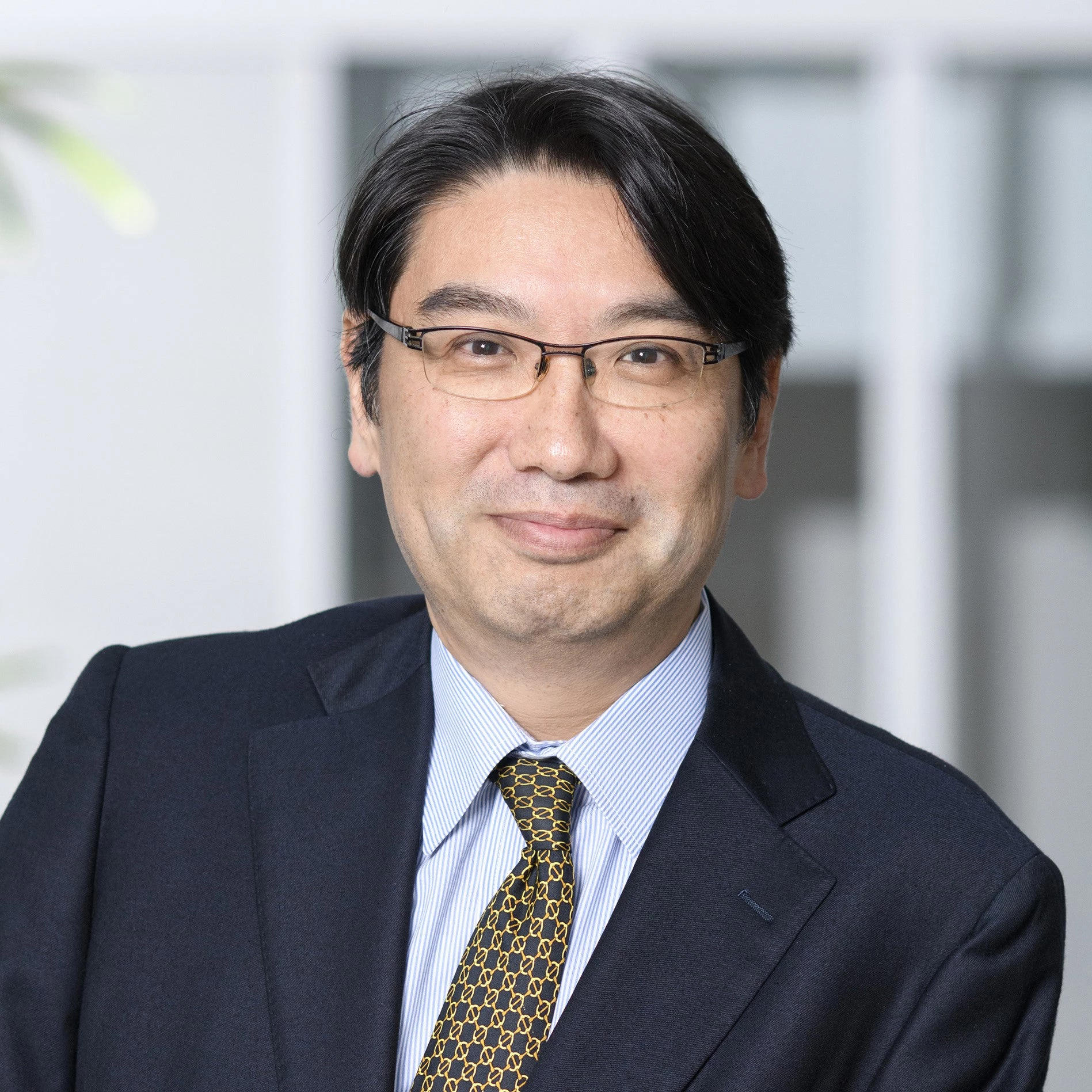 A young Senegalese girl doing homework under the light of a lamp.
A young Senegalese girl doing homework under the light of a lamp.
Like many old-line industries, the energy business is overwhelmingly male.
Women hold just 22 percent of jobs in energy production and distribution, according to the International Energy Agency, even though they make up 48 percent of the global workforce. The number is even lower among senior managers: just 14 percent.
Women fare better at renewable energy companies, but they are still in a clear minority at 32 percent, according to the International Renewable Energy Agency. That number, too, gets smaller when one excludes administrative jobs.
The IEP, an intergovernmental organization that advises nations on energy matters, says that the industry must do more. “Widely regarded as one of the least gender diverse parts of the economy, the energy sector needs to shift the dial by drawing on all talents to deliver a secure, affordable and sustainable energy future for all,” the IEP says.
At the same time, women suffer more when access to energy is restricted—particularly when it comes to health, physical drudgery, social inequality, and empowerment. Studies show that burning traditional biofuels for domestic use increases the risk of pneumonia by 80% as compared to using clean cooking facilities and doubles the chances of developing lung disease and lung cancer. Furthermore, by some estimates the average firewood load carried by women for several miles daily varies from 25 – 50 kg.
Since its creation, MIGA has worked with private-sector clients to deliver clean energy, focusing particularly on Sub-Saharan Africa. MIGA has provided over $3.3 billion in guarantees to 44 energy projects over the past decade across 20 Sub-Saharan countries, including for 30 renewable energy projects , two solar-plus-storage projects, five distributed generation projects, three transmission & distribution projects, and five natural gas-fired projects.
Given our dual role of working within the energy sector and staying focused on development results on the ground, a core part of MIGA’s priorities is to draw attention to the challenges women working in the energy sector face and facilitating more equitable access to energy for all.
"A core part of MIGA’s priorities is to draw attention to the challenges women working in the energy sector face and facilitating more equitable access to energy for all."
To that end, we launched the MIGA Gender Leadership Award seven years ago, and I am pleased this year to present the award to Lucy Heintz, Head of Energy Infrastructure at Actis. Through her own career, Ms. Heintz has shown to others the impact of female leadership in the energy sector, and furthermore, has taken steps to increase gender access for all.
MIGA has had a longstanding relationship with Actis, providing over $850 million in guarantees for clean energy projects, mostly across Sub-Saharan Africa.
We are especially enthusiastic about the Parc Eolien Taiba N’Diaye wind farm in Senegal. The facility’s 46 turbines came on line last year and boosted Senegal’s power generation by 159 megawatts, or 15 percent, making Taiba N’Diaye the largest wind installation in West Africa. Equally important, the project benefits women in the local community through community-based support such as delivering reliable municipal water, and refurbishing two local marketplaces where women can sell their goods.
Ms. Heintz played an essential role in conceptualizing the Taiba project and in its outreach to the local community.
What’s more, Ms. Heintz is committed to bringing more women in Actis and Actis-owned companies to positions like the one she holds. In addition to her investment duties, she chairs Actis’s Inclusion & Diversity Working Group. She has launched 19 different initiatives aimed at promoting women, including female networks, groups working on unconscious bias, and training in inclusive leadership. She also started an open-door policy, making senior women at Actis available to more junior members at all times. Finally, she advises an Actis-owned company in Latin America on training and hiring women for roles in mechanical engineering, electrical engineering, and site maintenance.
The world counts on leaders like Ms. Heintz to bring more women into the energy industry and lift them through the ranks so they can light up the world—especially for the women who need clean energy the most.
Additional Resources
MIGA Gender Leadership Award: https://live.worldbank.org/events/miga-gender-leadership-award-2022
Taiba N'Diaye Wind Farm: https://www.miga.org/slideshow/supporting-women-entrepreneurs-senegal
MIGA and Gender: https://www.miga.org/gender
MIGA and Climate Change: https://www.miga.org/climate-change


Join the Conversation